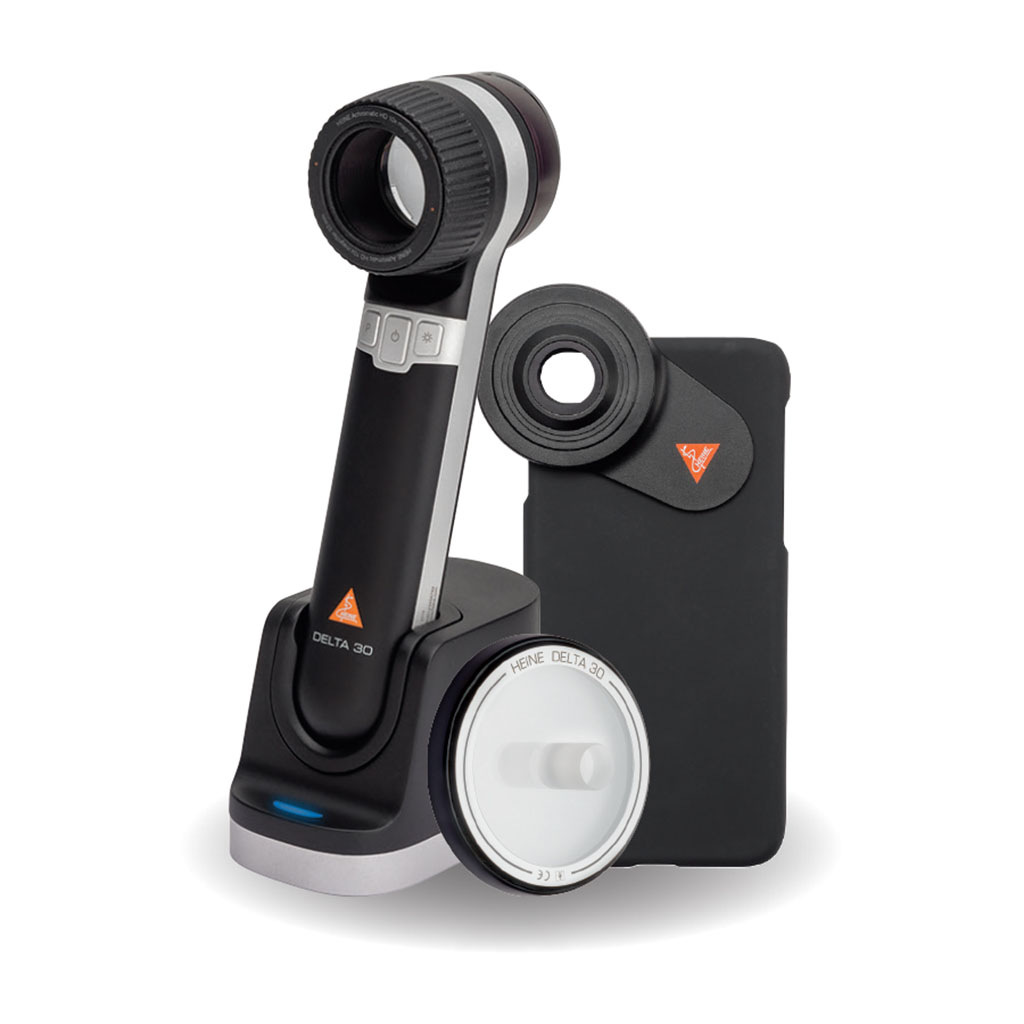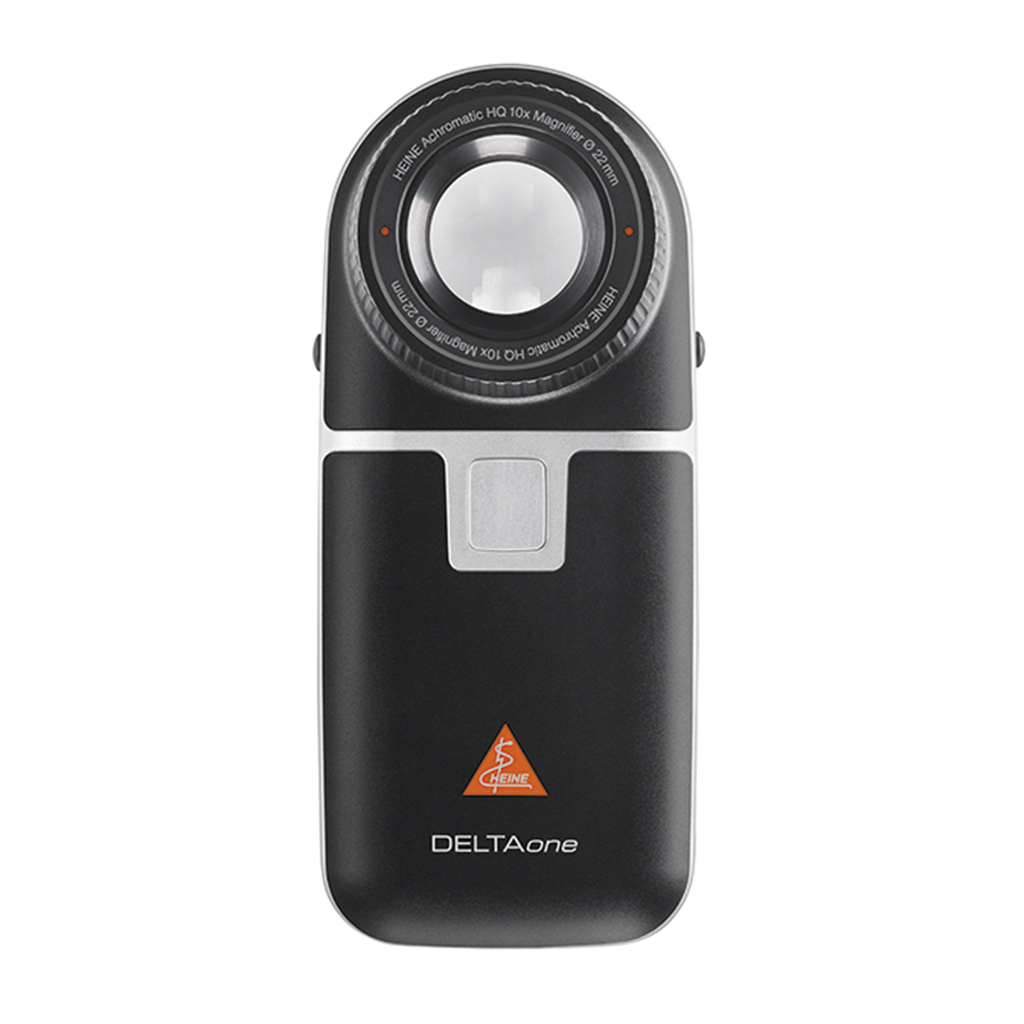Thousands of beautiful beaches surround Australia and it’s no secret one of our favourite pastimes is spending time in the sun, sand and surf. It’s hard to believe that older generations were using cooking oil to get a dark tan but that all changed dramatically with the help of the smiling seagull and a catchy Slip, Slop, Slap campaign in the early 80’s. Cited as being one of Australia’s most successful health campaigns, wearing a hat and sunscreen has helped reduce melanoma rates in many younger demographics since then.
Fast forward 4 decades we still find Australians have some of the world's highest rates of skin cancer. It is now estimated that 2 out of every 3 Australians will get some form of skin cancer diagnosis in their lifetime [1]. We also see melanomas becoming the third highest cancer type in Australians [2].
Where Do Melanomas Come From?
We now know that only one in five melanomas come from existing moles while 70% to 80% of skin cancers come from normal looking skin [3]. Melanomas occur when the sun and other sources of UV radiation cause cells in the upper layer of skin (called melanocytes, which produces melanin which in turn gives skin its colour) to mutate, resulting in unrestrained cell growth.
Treatments for Skin Cancers
The chances of successfully treating skin cancer drop significantly as melanomas get deeper into the skin and spread to other organs around the body. There are several different ways melanomas can be treated. Surgery, chemotherapy, radiation therapy, immunotherapy and targeted therapy are all standard current treatments while vaccine therapy is a new practice still in clinical trials [4]. Surgery is the most common type of treatment with a biopsy removing the melanoma and skin grafts can be used to help the affected area recover.
Early Detection Starts With A Good Dermatoscope
Like a powerful magnifying glass, dermatoscopes can magnify the skin up to 10 times. These tools help examine several layers of skin structure and can create imagery for future comparisons. SSS Australia has a range of dermatoscopes from HEINE, ranging from the compact and powerful HEINE Mini 3000 to the HEINE DELTA 30 offering the largest field of view at 30mm, 3 levels of brightness and LED illumination producing crystal clear images. See our range of dermatoscopes.
HEINE has made storing, sorting and reviewing patient images easier with the HEINE DERM app for iOS and Android. Working in conjunction with the DELTAone and DELTA 30 dermatoscopes, the DERM app stores images in high-quality formats allowing for x40 magnification with automatic date recording. Images are assigned to a bodymap and can be easily compared to previous examinations. Comments on diagnosis and treatments are displayed in a clear interface allowing for a quick and easy review of the examination with the patient.
 |
HEINE DELTA 30 Dermatoscope
HEINE's high-end dermatoscope provides the best imaging we've ever developed. Combined with a true field of view measuring 30 millimetres and unprecedented colour rendering, in LED HQ of course.
LEARN MORE |
 |
HEINE DELTAone Dermatoscope
Small on the outside, big on the inside – this mobile masterpiece is taking medical professionals by storm. The crystal-clear image was accomplished using the new achromatic HEINE optical system.
LEARN MORE |
For more information about Dermatology from Heine visit their site - Heine
Upcoming Melanoma Events in Australia
Join the Melanoma Institute of Australia when they host an education evening on the Detection & Management of Early Melanoma In 2023. Attendance is face-to-face in Sydney or via zoom. The event is held on the 14th of March from 6.30 – 8pm and is free of charge. RSVP before March 6th. Register here.
The Australasian Melanoma Conference 2023 (AMC) is being held in Brisbane on the 24th – 25th of March 2023 and is hosted by the Australian Skin and Skin Cancer Research Centre (ASSC). Covering a wide range of topics from epidemiology, overdiagnosis, and surgery treatments to recent advances in clinical practices, this is a paid event running over 2 full days. Register here.
[1] https://www.sunsmart.com.au/skin-cancer/skin-cancer-facts-stats
[2] https://www.canceraustralia.gov.au/cancer-types/melanoma/statistics
[3] https://www.skincancer.org/skin-cancer-information/melanoma/
[4] https://www.cancer.gov/types/skin/patient/melanoma-treatment-pdq